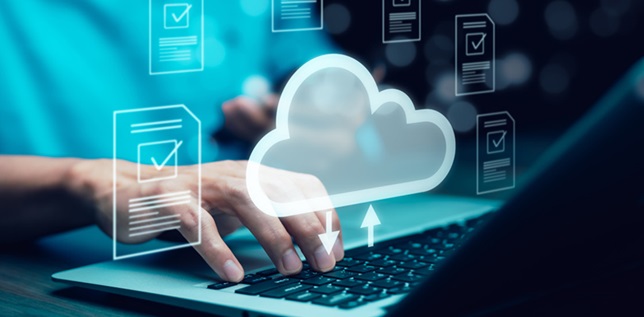Being able to travel to wonderful, exotic places is one of life’s great joys. There are few things that can compare to standing atop a mountain and taking in the view, lounging on a Caribbean beach or even sitting in a quaint French village soaking up the culture. However no matter where you travel, whether it’s for business or pleasure, you’re unlikely to be far from your laptop or smartphone. How else are you going to make everyone at home jealous? But protecting your data while travelling around is very important, even if you’re travelling for pleasure. After all, many business owners and employees will have work data on their private devices, even if it’s only emails. If you’re interested in how to keep your personal and business data safe when you’re on the road, read on.
Untrusted/Public Wireless
There are some very simple things people do, almost without realising it, that invite some serious security issues. Using free, unsecured WiFi is one of them and where possible it’s better to avoid using them in favour of a 3/4G data connection. Unsecured WiFi can be slightly mitigated by using a well-secured WiFi outlet, but it isn’t a perfect or even an adequate solution. It’s ridiculously easy for criminals or the maliciously minded to mimic a wireless access point. To combat this, we recommend the use of a VPN on your device to encrypt all communications between your device and the internet. This reduces the likelihood that an attacker can perform a man in the middle attack and intercept your communications.
Using a private WiFi adapter can also eliminate a significant number of security issues. You can easily buy the dongle (like this one) before your trip, and use it to access the internet securely wherever you are in the world.
Avoid Public Computers
A massive data security no-no is the dreaded public computer. While they may have once been the only option, portable technology has largely made them obsolete, but they are still around in case of a digital emergency. They are generally avoided because there is absolutely no way to tell what’s been installed on a computer in such a public setting and there is every chance that a keylogger, malware or a virus has been installed. If you are forced to use a public computer, don’t log into your social media or online bank accounts and avoid opening any private or sensitive emails. You should also avoid putting a USB device into one, as this could easily turn into a malware infested device waiting to infect your computers at home or at work the next time you plug it in.
Only Use HTTPS Websites
Make sure you’re only using websites that are HTTPS certified. Honestly, we would recommend this even if you weren’t travelling. HTTPS is the security standard for websites and, thanks to Google, is now becoming a mandatory requirement for websites. If a site isn’t secure, Google will soon flag this up to you before you visit it. Until then, the Electronic Frontier Foundation (EFF) suggest encrypting your data wherever you are, and to help us out, they created the HTTPS Everywhere browser add on. HTTPS protects your data and encrypts your data and communication. Attackers are also getting smarter so whilst HTTPS may indicate your data is safe in transit, this won’t help you if you are sending data to an attacker. To combat this you need to be wary of online scams, particularly unsolicited emails, that ask you to reset your password or provide your credentials. Be vigilant and stay smart online!
Use Two-Factor Authentication
Before you leave on your trip, make sure you turn on two-factor authentication on all of your social media and email accounts. If you’re travelling for a while between different locations, with varying degrees of security and privacy, there is a chance that at some point you’ll let your guard down. Because two-factor authentication requires two different ways of proving your identity, it drastically reduces the chances that an attacker would be able to access your accounts using common account attacks such as password sprays and credential stuffing.
Back Up And Wipe
If you are genuinely concerned that the data you’re taking with you is too sensitive to risk, the answer is simple – don’t take it. But since you probably can’t leave the country without your phone, that means you’ll need to remove any data you don’t want seen or stolen from the device. Make sure you back up your data onto a secure server before you go so that you can easily access it again, then wipe the data from your device. Once you are back home, you can download the data again and carry on as normal.
Passwords. On. Everything
When travelling with a device, you should be sure to have a password on it, and this should be for every single device you travel with. In fact, by enabling passwords on mobile devices, such as iPhones, you are also turning on the device encryption feature. When selecting a password, it’s a good idea to favour passphrases such as LIVERPOOL*donkey*6600 as these are much easier to remember than complex passwords and are more unpredictable to guess; meaning the time for an attacker to crack the password would not be worth the effort. A secure passphrase can get you out of a lot of trouble, and it can put off opportunistic criminals who are only interested in stealing from you if it’s easy to do so. That means no birthdays, birthplaces, mother’s maiden name or spouse’s name. You need a truly secure password when travelling with data, and a different password for each device. To manage multiple passwords, it’s a good idea to use a password manager to simplify the process. Password managers improve the user experience by auto logging into sites, without the need to type in usernames and passwords. They also provide the capability to enforce multi-factor authentication and can inform you if you are using a weak or previously breached password.





